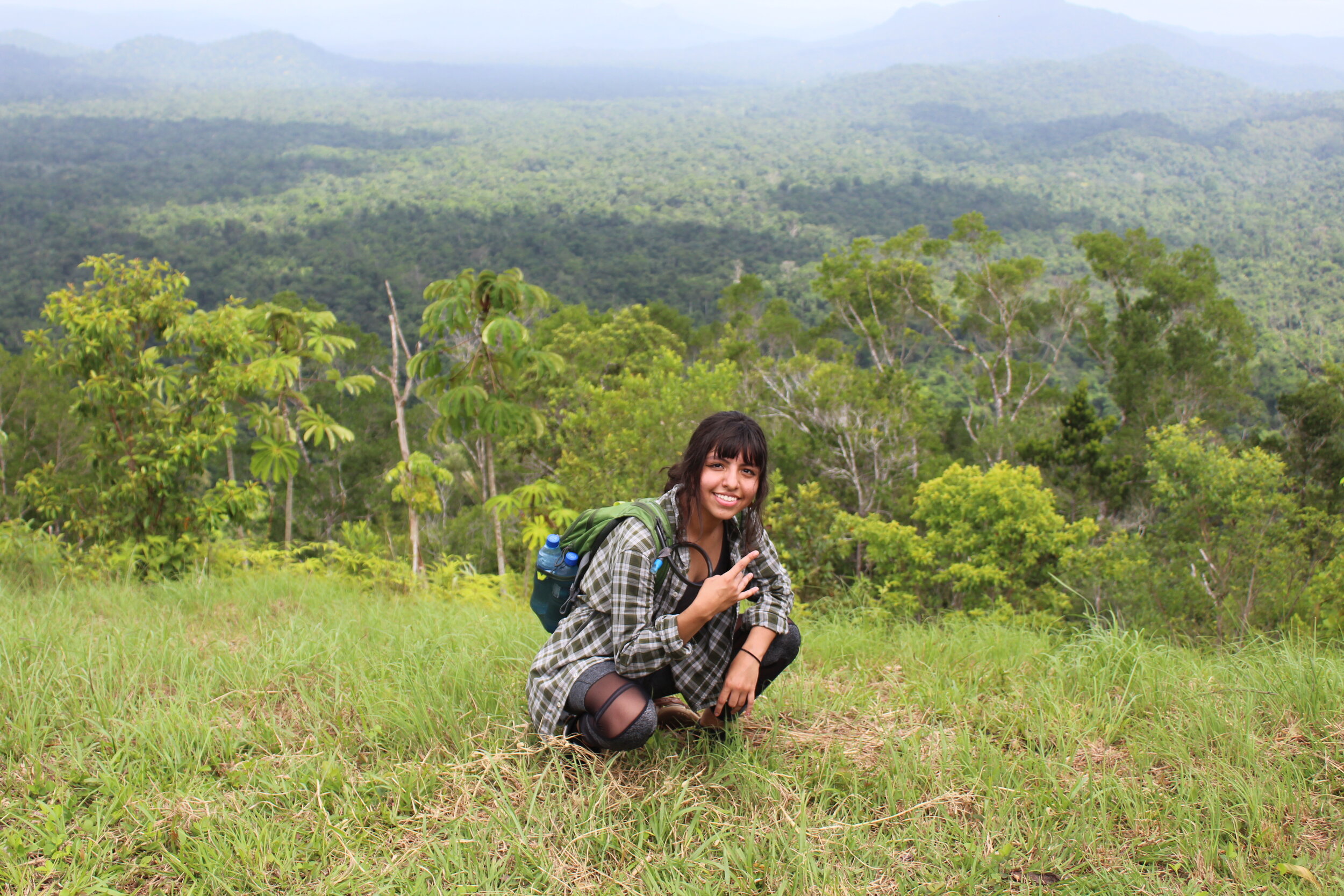The Strive Towards Non-Extractivist Research
The First in our New Blog Series: Thoughts from the Field from our NSF REU undergraduate researchers. Written by Sharon Huerta from Beloit College. Working with community is a necessary part of science and research overall; my experience this summer allowed me to speak with locals regarding the marine debris research I was conducting. However, aside from interviewing locals, I also attended events with them, had meals and met their family and friends, I gained insight into their lives and got to see what affected them on a daily basis. As for the research process, it is just that, a process of trial and error and the most important thing that came from doing citizen science work was realizing that mistakes will be made, you will be out of your comfort zone and you will be pushed beyond your limits but what matters is how you deal with being put in these situations, and the main thing I learned was that any process needs constant self-reflection. The skills I now carry can be applied to my academic and personal life, my end career goal is to be a coordinator for an environmental organization that focuses on recruiting low-income, people of color, first-generation individuals and provide them mentorship, academic, financial and personal support as well as networking opportunities. In order to do this kind of work I believe the voices of marginalized communities need to be heard and amplified, and they need to be responded to with patience, understanding and their needs and interests in mind. Which is similar to citizen science, it requires being in and engaging with the community then prioritizing their needs, this is seen to often in traditional science research where researchers go into a community and gather information from a community and then leave. While not giving back to the community, in a very extractivist style, and so if citizen science research is practiced with the community voices as the leaders then I do have hope that research can be inclusive and non-extractivist, but only if we all reflect and acknowledge our biases.
Working with community is a necessary part of science and research overall; my experience this summer allowed me to speak with locals regarding the marine debris research I was conducting. However, aside from interviewing locals, I also attended events with them, had meals and met their family and friends, I gained insight into their lives and got to see what affected them on a daily basis. As for the research process, it is just that, a process of trial and error and the most important thing that came from doing citizen science work was realizing that mistakes will be made, you will be out of your comfort zone and you will be pushed beyond your limits but what matters is how you deal with being put in these situations, and the main thing I learned was that any process needs constant self-reflection. The skills I now carry can be applied to my academic and personal life, my end career goal is to be a coordinator for an environmental organization that focuses on recruiting low-income, people of color, first-generation individuals and provide them mentorship, academic, financial and personal support as well as networking opportunities. In order to do this kind of work I believe the voices of marginalized communities need to be heard and amplified, and they need to be responded to with patience, understanding and their needs and interests in mind. Which is similar to citizen science, it requires being in and engaging with the community then prioritizing their needs, this is seen to often in traditional science research where researchers go into a community and gather information from a community and then leave. While not giving back to the community, in a very extractivist style, and so if citizen science research is practiced with the community voices as the leaders then I do have hope that research can be inclusive and non-extractivist, but only if we all reflect and acknowledge our biases.
